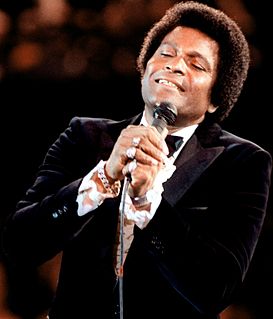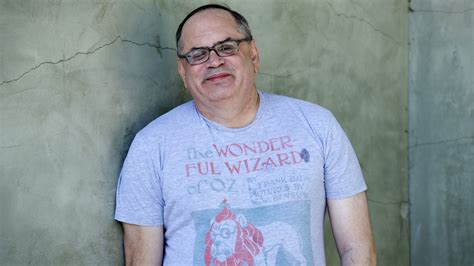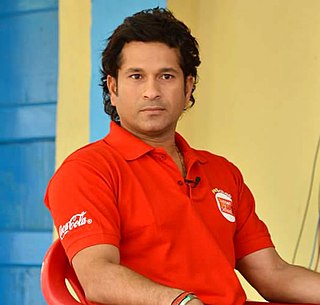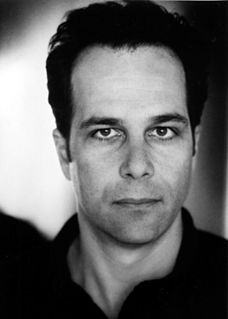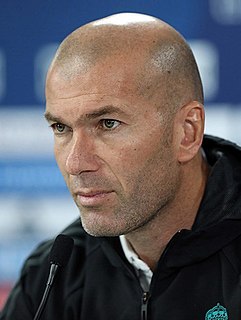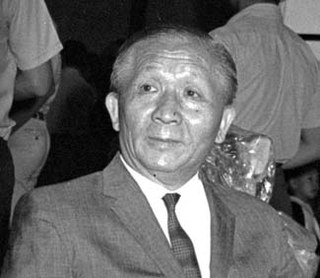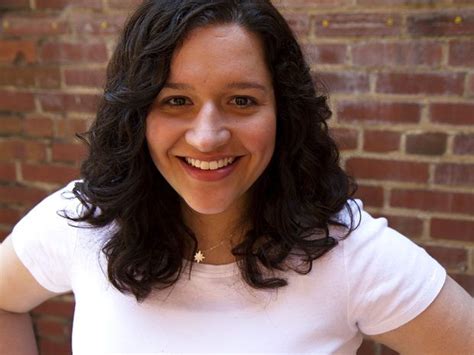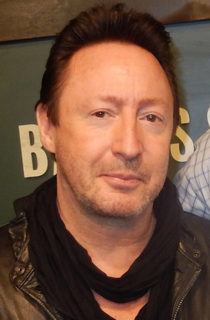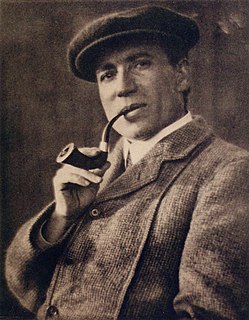A Quote by Charley Pride
I grew up not liking my father very much. I never saw him cry. But he must have. Everybody cries.
Related Quotes
The people are living seperately together," he said. "So there is responsibility. I cry, you cry. You cry, I cry. We all come running, and the one that stays quiet, the one that stays home, must explain. Is he in league with the criminals? Is he a coward? And what would he expect when he cries? This is simple. This is normal. This is community.
The Son is called the Father; so the Son must be the Father. We must realize this fact. There are some who say that He is called the Father, but He is not really the Father. But how could He be called the Father and yet not be the Father?... In the place where no man can approach Him (I Tim. 6:16), God is the Father. When He comes forth to manifest Himself, He is the Son. So, a Son is given, yet His name is called 'The everlasting Father.' This very Son who has been given to us is the very Father.
I know that Dad was an idol to millions who grew up loving his music and his ideals. But to me he wasn't a musician or a peace icon, he was the father I loved and who let me down in so many ways. After the age of five, when my parents separated, I saw him only a handful of times, and when I did he was often remote and intimidating. I grew up longing for more contact with him but felt rejected and unimportant in his life.
... ... While Dad was fast becoming one of the wealthiest men in his field, Mum and I had very little and she was going out to work to support us.
I don't really remember much before was eight, but I do remember that my dad brought me to drop me off at my grandmother's house, and he was a very emotional guy, but that was the first time I really saw him cry, cos I knew it killed him to have to give me up, but he knew I needed some family structure. That was the last time I'd see him or talk to him when he was sober for the next 10 years.
Being in this fine mood, I spoke to a little boy, whom I saw playing alone in the road, asking him what he was going to be when he grew up. Of course I expected to hear him say a sailor, a soldier, a hunter, or something else that seems heroic to childhood, and I was very much surprised when he answered innocently, 'A man.'
Why does a man cry? he wondered. Not like a woman; not for that. Not for sentiment. A man cries over the loss of something, something alive. A man can cry over a sick animal that he knows won't make it. The death of a child: a man can cry for that. But not because things are sad. A man, he thought, cries not for the future or the past but for the present.
